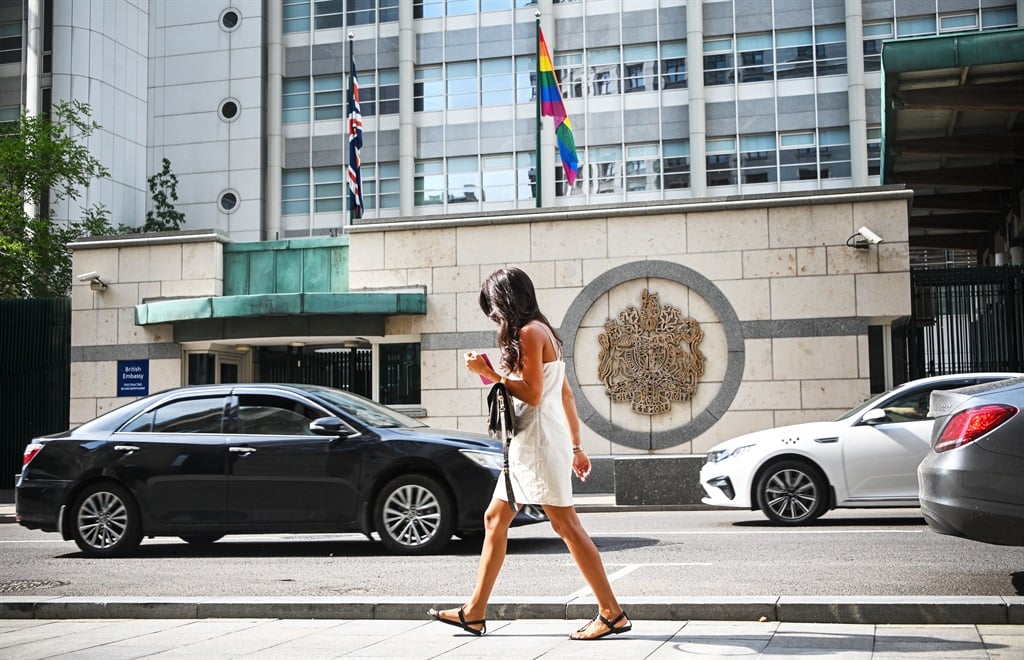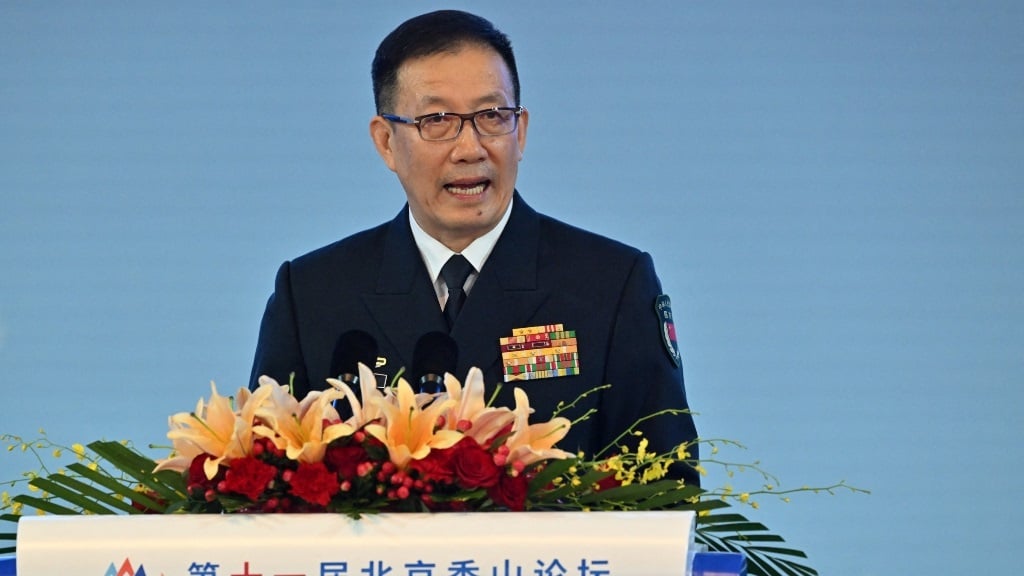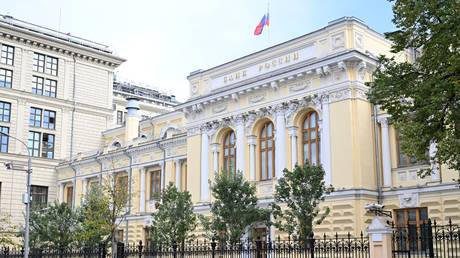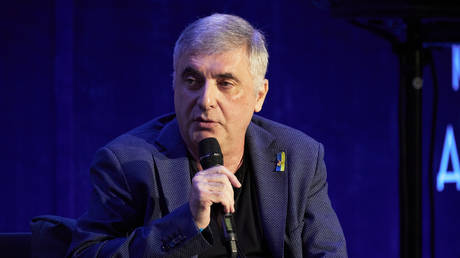Festival Eritrea, a whirlwind of activity and one of the great highlights of the Eritrean annual calendar, just concluded. For a vibrant, joyous period stretching across just over one week, the Expo Grounds in Asmara (which traditionally plays host) was packed to the seams with people each single day from early in the morning until late at night (and in spite of some days filled with torrential downpours). Tourists, visitors, and festival participants of all ages (such as singers, dancers, artists, authors, poets, historians, merchants and vendors, chefs, and others) came from across the length and breadth of the nation, as well as from all four corners of the globe. By all standards and measures, the occasion was a tremendous success, attesting to the tireless efforts of the organizing committee and at the same time serving as a wonderful reflection of all the best that Eritrea has to offer.
I had the great fortune to visit the recently completed festival a couple of times, attending with both family and friends. The entrance fees were more than fair, helping to make the occasion affordable and easily accessible to all, while much of the food on offer was not just delicious, but also available for a reasonable price. Additionally, visitors to the festival had the opportunity to browse through a huge selection of excellent books (many of which were the works of promising local authors), unique clothing items and collectibles, and beautiful handicrafts fashioned by creative local artists.
Notably, there were a range of fun activities organized that catered to different individuals and groups, thus ensuring that all visitors had something to take in and enjoy. (For example, camel and horse rides, face painting, and various games kept young children smiling and positively engaged, while merchants and vendors presented great deals on a range of items showcased at their booths.) There was also a steady stream of large, lively concerts. Held every day, these saw an array of local performing artists and dance troupes remind all those in attendance of the deep reservoir of Eritrean musical talent. Personally, I especially liked visiting the cultural and historic displays, which included countless captivating photographs and riveting stories about some of the most important chapters of Eritrea’s long, tumultuous story. The special celebration of the 50th anniversary of Bologna was a nice touch and quite memorable, as well.
Another especially important aspect of the festival was its celebration of Eritrea’s colorful diversity. Being in and around the festival offered one the chance to come across individuals and groups representing the entire spectrum of Eritrean society: males and females of all ages; people hailing from each of the country’s administrative regions; adherents of different faiths; those occupying different levels of the socioeconomic ladder; and members of the nation’s rich collection of ethnolinguistic groups. The festival saw everyone come together in friendship and harmony to share smiles, enjoy a good time, and celebrate the nation. Ultimately, it was a vibrant expression of one of Eritrea’s unique characteristics: its peace and unity in diversity.
Peace and unity in diversity
Diversity, in terms of things like race, religion, ethnolinguistic groups, and cultures (among other characteristics), can contribute to the thriving of different perspectives and new ideas, and help to promote dynamism, creativity, and innovation. It can also promote growth and development, as well as greatly enrich communities, societies, and nations. At the same time, however, historical cases (and current ones) abound showing how diversity, when it is not appropriately managed or approached, can be associated with a greater risk of social tensions, segregation, and divisions, or serve as fuel for bloody conflicts.
As a multi-ethnic, multicultural nation, Eritrea has remained committed to ensuring peaceful coexistence and harmony. The country’s development and nationbuilding processes are firmly grounded on the principles of equality and social justice, and it places an unwavering emphasis on ensuring that all Eritreans, regardless of any particular distinction or characteristic, can freely and fully participate in, contribute to, and benefit from the achievement of sustainable development.
In particular, the country’s laws, regulations, and policies, which are underpinned by strong and longstanding socio-cultural values, establish a platform for inclusive socio-political and economic development. Discrimination, exclusion, restriction, or preference that is based on the grounds of disability, ethnicity, color, religion, socio-economic status, language, opinion, gender, or other similar distinctions are strongly prohibited and punishable by national law.
Across the past three decades, Eritrea has also crafted a broad spectrum of policies and adopted a variety of legal instruments to help address the specific needs of and catalyze progress for vulnerable groups, such as the poor, women, children, persons living with disabilities, nomadic populations, and those residing in extremely remote or hard-to-reach areas.
These interventions aim to mitigate disparities and create a level playing field on which all Eritreans have a genuine opportunity to excel, and seek to ensure that each and every individual is empowered and able to enjoy the fruits of inclusive economic growth and social progress.
For instance, essential health services are provided effectively free of charge, while all patients with chronic diseases and other disorders are provided with free care and prescribed medications. As well, national policy in the country provides for access to education free-of-charge to all, extending from the primary to the tertiary level. This is complemented by several other programs and measures that aim to promote inclusion and equal opportunities for all Eritreans, including the mother language policy, as well as adult and outreach learning programs.
Another important measure – particularly in light of the fact that a large percentage of Eritrea’s population resides in rural areas and is reliant on agriculture and pastoralism for their livelihoods – is the Minimum Integrated Household Agricultural Package (MIHAP). Developed in 2007 and extending to reach thousands of rural households, including many headed by women, MIHAP comprises one improved cross-breed dairy cow or 12 goats, as well as 25 chicken, two beehives, 20 trees (comprising 10 fruit trees, five leguminous trees, and five trees for firewood), a vegetable plot, land for crops, and regular support with modern inputs and management from technical experts at the Ministry of Agriculture.
Overall, Eritrea’s deep commitment to the principle of social justice and equality has not only promoted the inclusion of all population groups and greatly enriched the nation, it has been vital for strengthening national peace, stability, cohesion, and harmony





+ There are no comments
Add yours